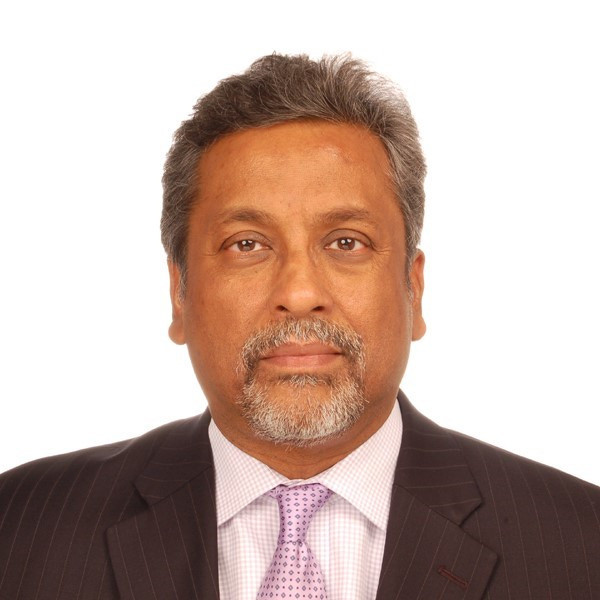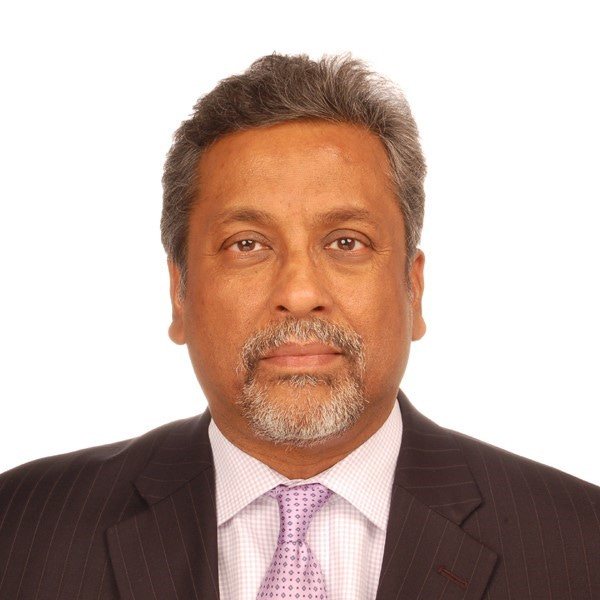Why Education, Electricity, And Fertility Matter for Development
Description
Welcome to another episode of Ideas Untrapped. My guest today is Charlie Robertson, who is the chief economist of Renaissance Capital - a global investment bank - and in this episode we talked about the subject of Charlie’s new book, "The Time-Travelling Economist''. The book explores the connection between education, electricity, and fertility to economic development. The thrust of the book's argument is that no poor country can escape poverty without education, and that electricity is an important factor for investors looking to build businesses. It also explains that a low fertility rate helps to increase household savings. Charlie argues, with a lot of data and historical parallels, that countries need at least a 70-80% adult literacy rate (defined as being able to read and write four sentences in any language) and cheap electricity (an average of 300 - 500 kWh per capita) in order to industrialize and grow their economies rapidly. Small(er) families (3 children per woman) mean households are able to save more money, which can improve domestic investments by lowering interest rates - otherwise countries may repeatedly stumble into debt crises. We also discussed how increasing education can lead to higher domestic wages, but that this is usually offset by a large increase in the working-age population - and other interesting implications of Charlie's argument.
TRANSCRIPT
Tobi;
The usual place I would start with is what inspired you to write it. You mentioned in the book that it was an IMF paper that sort of started your curiosity about the relationship between education, electricity, fertility, and economic development. Generally. So, what was the Eureka moment?
Charlie;
Yeah, the eureka moment actually came in Kenya, um, because I'd already done a lot of work showing how important education was. It's the most important, no country escapes poverty without education. So I'd already made that clear and there wasn't much debate about that. Perhaps there was a debate about why some countries have gone faster than others, but there wasn't much debate about that. The second thing I was very clear on was electricity, which kept on coming up in meetings across Sub-Saharan Africa, Pakistan, [at] a number of countries, people kept on talking about the importance of electricity. But the eureka moment came when somebody pointed out to me that Kenya, where I was at the time, couldn't afford to build huge excess capacity of electricity, which I was arguing you need to have. You need to have too much electricity, so that it's cheap and it's reliable.
And then investors come in and say, "great! I've got cheap educated labour, and I've got cheap reliable electricity. I've got the human capital and the power I need, that then enables me to invest and build a business here." And the question then was, well, why was it so expensive in Kenya but so cheap in China? Why was the cost of borrowing so high in Nigeria but so cheap in Morocco or Mauritius? And when I was trying to work out where did the savings come from in China, uh, well I was looking globally, but China's the best example of economic success and development success we've seen in the last 50 years. Over half the answer came from this IMF paper saying, actually it came from their low fertility rate. That's over half of the rise in household savings, which are massive in China, came about because the fertility rate had fallen so dramatically.
And I then thought, could this possibly be true for other countries as well? Could this help explain why interest rates are so high in Nigeria or Kenya and so low elsewhere? And the answer is yes. So this book, The Time Travelling Economist is bringing all of these three things together - the fertility rate, the education rate, and electricity - to say not just how countries develop, cause I think I've answered that, but when they develop. Because once we know those three factors are key, we can then work out the when. Not just in the past [of] countries, but also in the future. Um, so that's where this came from.
Tobi;
I mean, we're going to be talking about each of those factors over the course of this conversation, but another question...some would say boring question, but I know how development economists and economists generally always try to defend their turf, you know, around issues like these. So, has anybody like taking you to task on the causal link between these three factors and development? And how would you defend yourself against that were it to be asked?
Charlie;
I haven't found anyone yet who's argued successfully against these points. Um, the closest criticism I get, and just to say, you know, this book came about off the back of three key reports I did in 2017 on education, 2018 on electricity, and 2019 on fertility and savings. So I've now been talking about these ideas for three to five years. The book only came out in July, 2022, bringing them all together. But in five years I haven't had pushback other than people ask, "is it not correlated?" You know, "is it not perhaps economic growth leads fertility declines or boosts savings?" And I think I show really clearly in the data that "no." Um, the fertility declines give us the growth. You don't get growth without adult literacy of at least 40%, you certainly don't get industrialization until literacy is at 70 to 80.
So, you know, I'm looking at the data and I think it's pretty crystal clear that you've gotta get these other things right first before your economy can take off. And I can't find any counter-examples. Except, I mean there's the inevitable few, those countries like Qatar or Kuwait with huge amounts of energy exports per capita or diamonds in Botswana's case. And there you don't have to get everything right before you get wealthier because you just happen to be lucky to have huge amounts of energy exports per person and a very small population. But they are a bit of an exception. I think you could probably argue that they do grow first before they get everything else right. But for the vast majority of the planet and all countries in history, it's the other way around. You gotta get education, power, fertility rates in the right place to take off.
Tobi;
So I mean, getting into the weeds, let's look at education first. Before your book, personally for me, and I should say what I really like about your book is, it's well written, it's an interesting read. It comes across as a bit less analytical, which is what you get from the standard development literature, you know, and I think that's partly because you are writing about a lot of the countries that you have also worked in and interacted with a lot of these factors. So it really gives it a first-hand experience kind of narrative. So I like that very much. So prior to your book, if someone were to ask me about the relationship between education and economic development or catch-up growth, generally, the reference usually goes to Studwell's big claim, Joe Studwell, that: Yeah. You don't really need a super high level of education metrics for a country to industrialize because the standard explanation is that how a relatively poor country starts industrializing is from the low-skill, uh, labour-intensive, low-skill manufacturing jobs, that you don't need a high level of education and skill for you to be able to do that.
So what I wanna work out here is what is the transmission mechanism between adult literacy and industrialization the way you've, like, clearly analyzed in your book?
Charlie;
Well, thank you very much for saying it was nicely written, I appreciate that. I wanted to try and make it as accessible as possible. Yeah, I think Joe Studwell's books are really good and I think he's right that you don't need a high level of education to do that first step out of rural poverty, subsistence farming into a textile mill. I think what's interesting is how many people writing about development forget how important just adult literacy actually is, because we've taken [it] so much for granted. So Adam Smith, who wrote The Wealth of Nations, the father of economics back in the 18th century in Scotland, he didn't make a big deal about adult literacy driving growth. And more recently, you know, people like Dani Rodrik have echoed exactly that saying you don't need any great education to work in a textile mill. You just need to be dextrous with your fingers. Which is almost exactly actually what Adam Smith said 250 years ago. And I was sympathetic to that, but I then kept on seeing in the data, well, first of all, I found this theory written in the sixties that said that no country has industrialized even to that first basic level of textiles without adult literacy being about 70 to 80% of the population. Which means basically all adults, all men, plus well over half the female population as well. And this was the theory written in the sixties and when I looked at the data, it was proven right and I couldn't quite understand why - if you just need dextrous fingers to work in a textile mill, why would there be that link? And I ended up talking to a guy who ran Levi's factories in Asia in the 1980s and he said, “Charlie, just think about it.”
You've got this box of Levi's jeans coming down the conveyor belt. Do you put that box onto the truck labelled United States or that truck labelled Europe for export? And if you can't read and write, you won't even get that right. So the adult literacy thing I think is overlooked. People are focusing on secondary school, high school education, how much [many] university graduates a country needs and they do need graduates too. But until you get to that 70 to 80% adult literacy, textile mills don't go to a country. And we can see that th
























